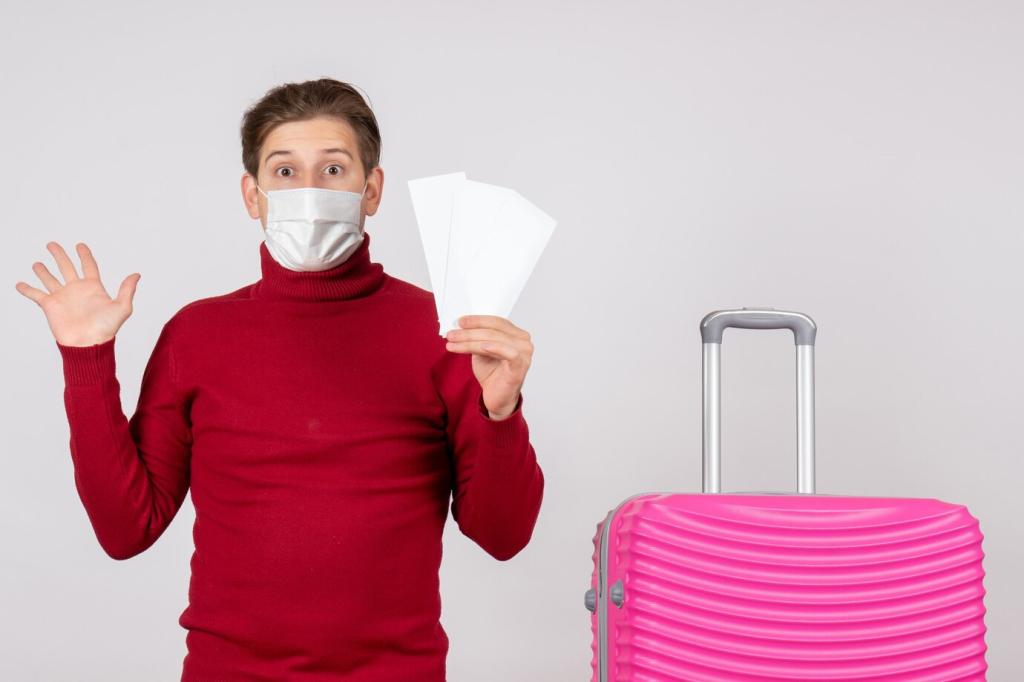Bookings and Tours: Verification Saves Vacations
Cross-check an accommodation’s phone and email via its official website, not a link inside a message. Reverse-image search property photos, verify license numbers for tour operators, and call venue front desks directly. Scammers hate independent, verifiable contact points.
Bookings and Tours: Verification Saves Vacations
Avoid wire transfers or gift cards for deposits. Use platforms with escrow, credit cards offering chargebacks, and in-app messaging that logs agreements. Keep screenshots of confirmations and cancellation policies to strengthen your position if disputes arise later.








